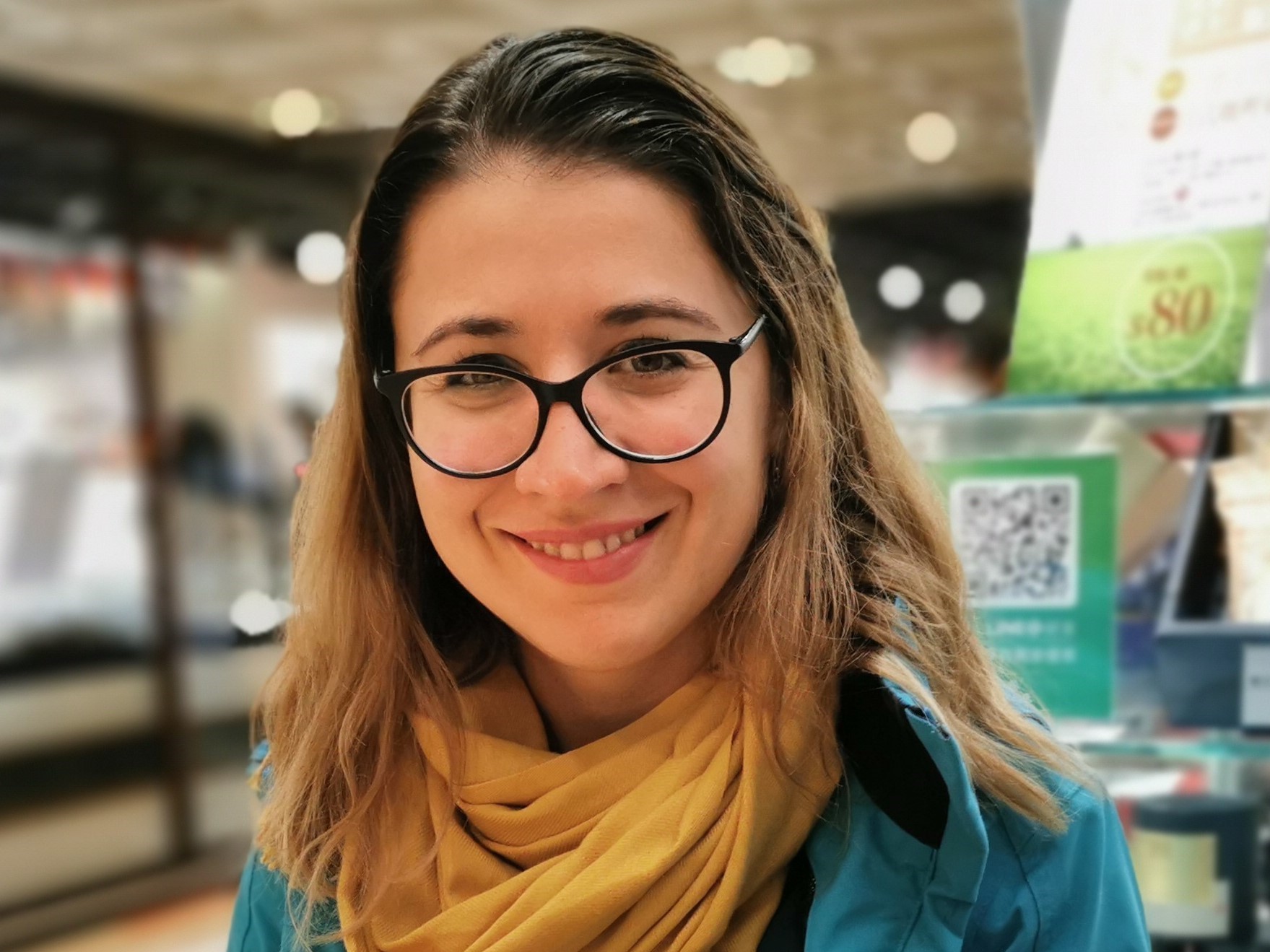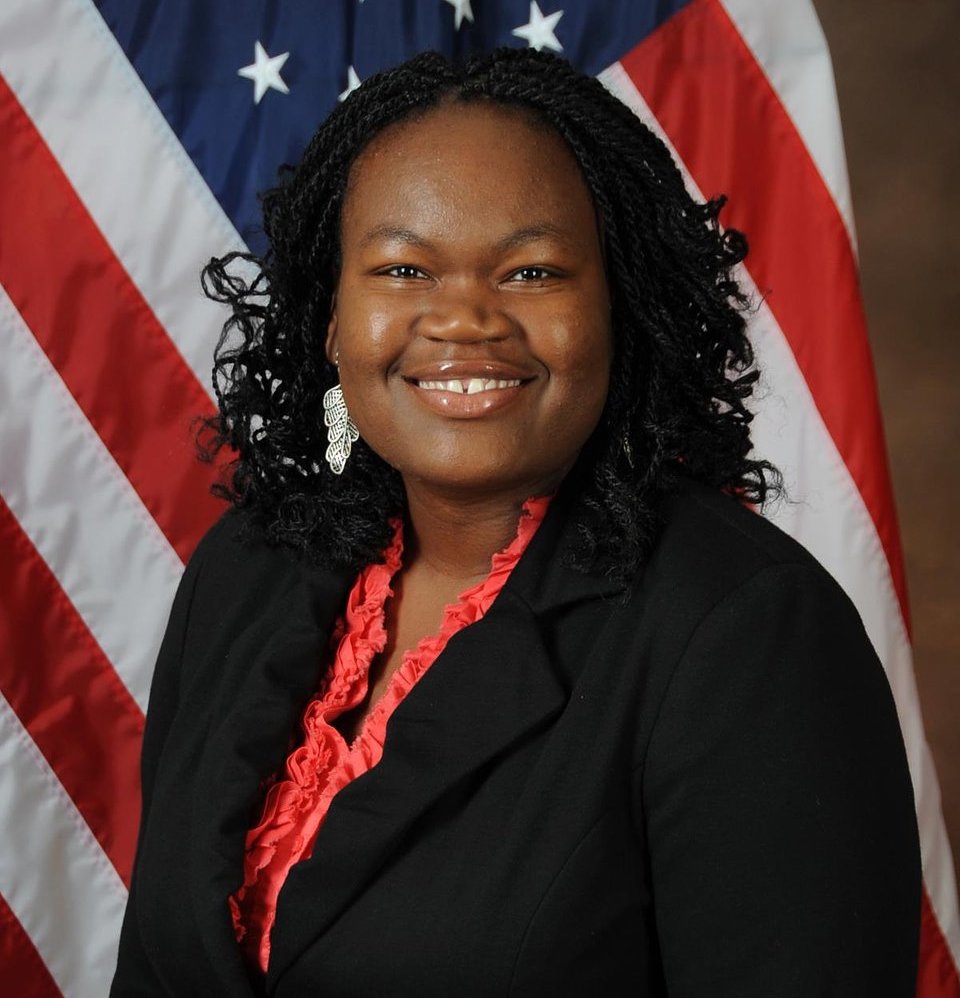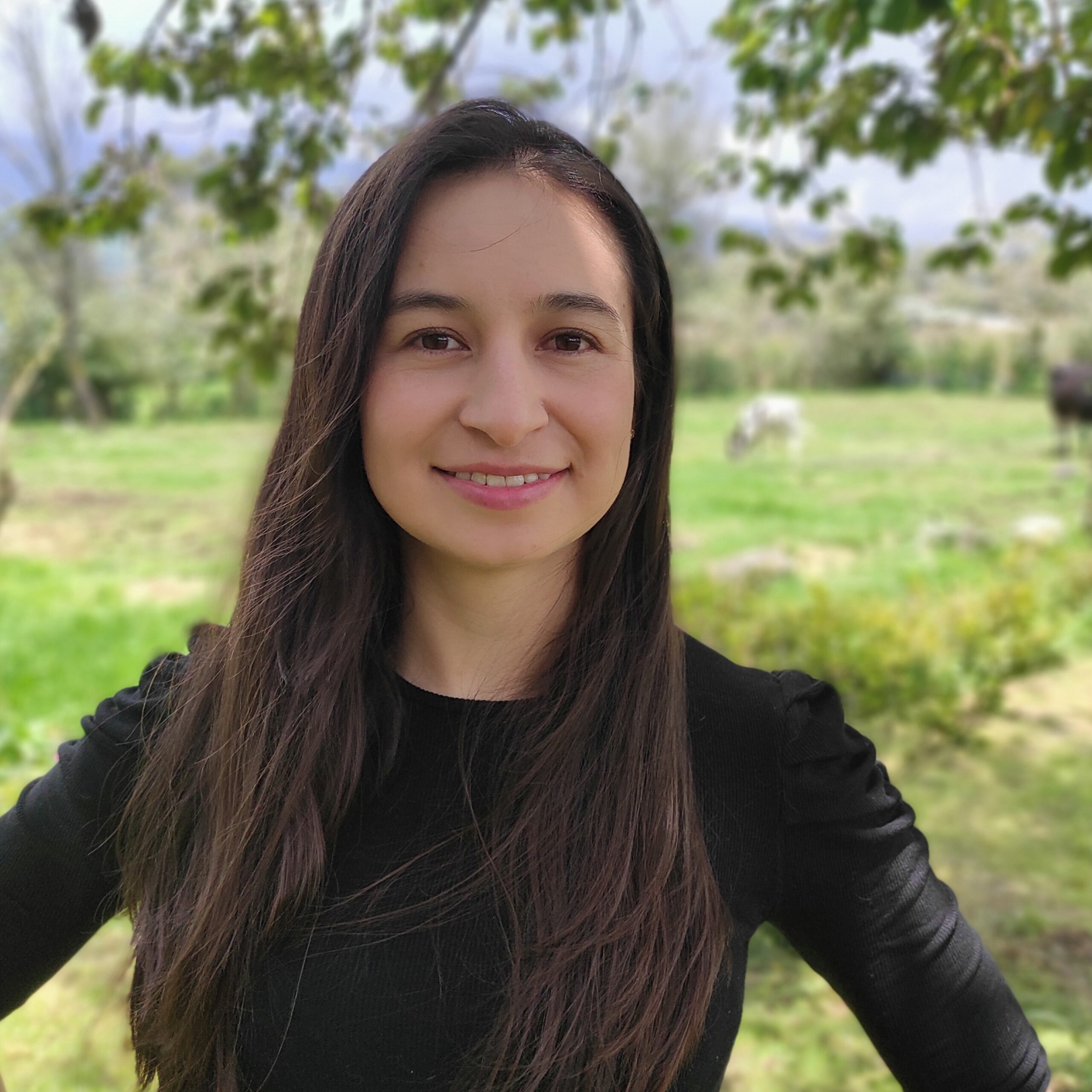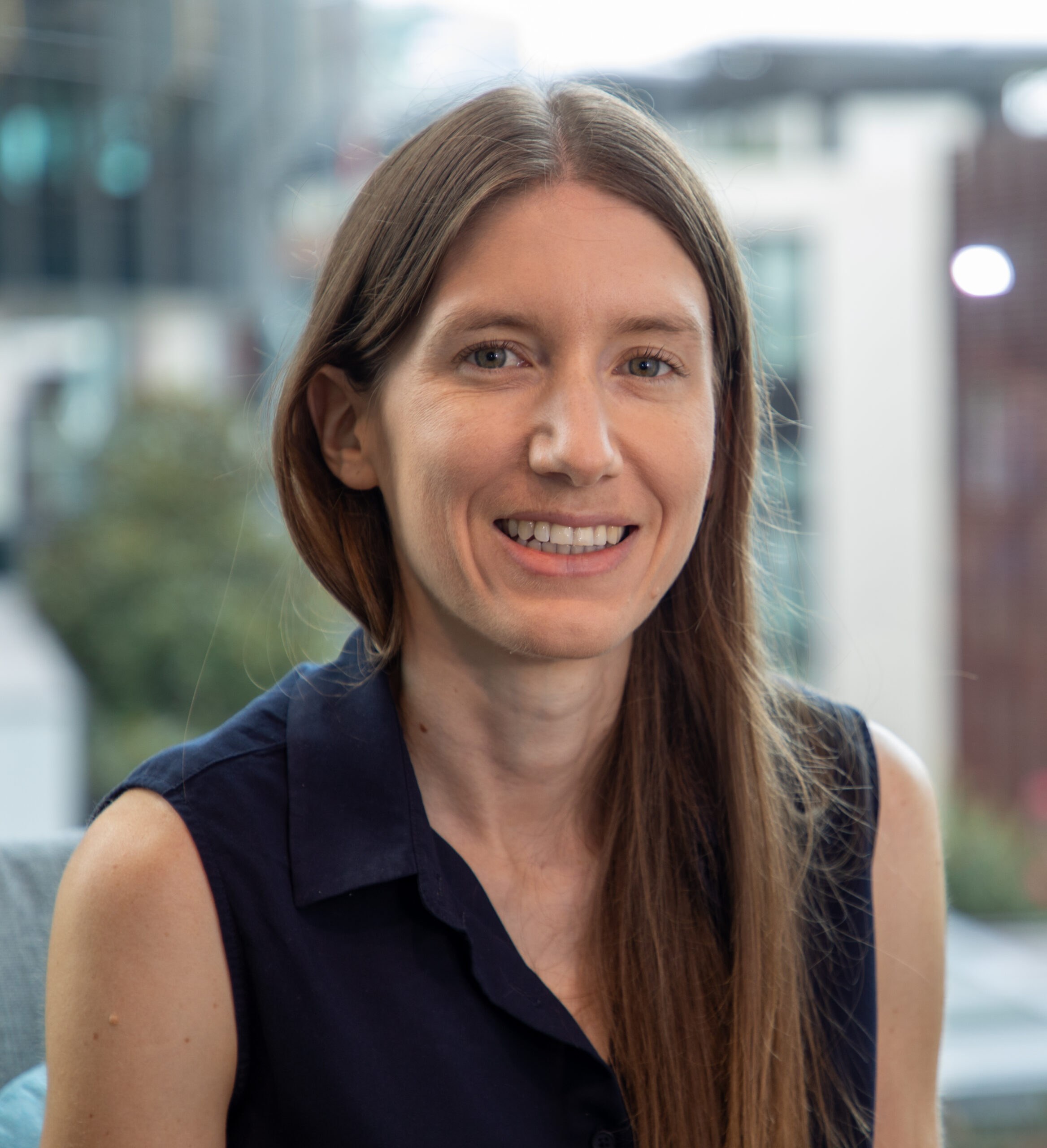Born in Pitesti, Romania • Studied Applied Mathematics at Politehnic University of Bucharest • Erasmus MUNDUS fellow in Mathematical Modeling from University of L’Aquila, University of Nice and University of Hamburg • PhD in Applied Mathematics in the Basque Center for Applied Mathematics, Bilbao, Spain • Lives in Okinawa, Japan • Works as a Postdoctoral Scholar in Computational Neuroscience at Okinawa Institute of Science and Technology (OIST)
My love for math started very early on. Since I was very young, I seemed to always have an analytical mindset and I adored solving puzzles. I was always the geeky kid, that was always curious about everything and I have always been a very solution-oriented person. My parents tell me I was determined to be a researcher from the age of 5, although I am not certain I actually understood what that meant. I used to love all analytical subjects, not only math, but also chemistry and physics. In fact, choosing my career path came extremely close between mathematics and chemistry. Somehow, I always missed chemistry, this is the reason why I went towards neuroscience and every now and then I get the chance to model some biochemistry.
I grew up in a freshly post-communist Romania, where the old generation generally believed that girls should study law or biology just due to the common misconception that girls can memorize better than boys.
Being a woman and choosing to study mathematics, I had to always fight for what I wanted. I grew up in a freshly post-communist Romania, where the old generation generally believed that girls should study law or biology just due to the common misconception that girls can memorize better than boys. Well, my memory has never been very good. I was lucky, because I had an amazing family that supported me in making my own choices and encouraged me to follow my own path.
[My high school professor] was the first person who showed me how to think outside the box, he sparked my curiosity for higher-level math and he treated me as equal to the other boys when preparing for competitions.
My first role model was a young professor in high school. He was my math professor only for the first year of high school and he directed me towards mathematics contests and math olympiads. He was the first person who showed me how to think outside the box, he sparked my curiosity for higher-level math and he treated me as equal to the other boys when preparing for competitions. In most of the contests that I have been, I was even the only girl or between the very few ones. The same trend continued at the university, where I went on and studied Applied Mathematics in Engineering. I studied in an engineering university, with under 10-20% of the total number of students being women.
After I graduated from university, I got an Erasmus MUNDUS fellowship for a Master of two years in Applied Mathematics, a highly competitive master program between three different countries: Italy, France and Germany. I got to experience the educational systems of the three different places, I had the chance to live in all these different places and learn the languages. Even in this international setting, I was still living in a world of men, having very few female colleagues and absolutely no female math professors in any of the three countries.
After graduating with the Master, I was awarded a Severo Ochoa Fellowship at the Basque Center for Applied Mathematics to pursue my PhD in Applied Mathematics in Biosciences. Particularly, I was modeling the interaction between the electrophysiology, the metabolism and the hemodynamics in the human brain. This captivating research gave me the chance to study not only the mechanisms behind the normal functioning of the human brain during resting state or neuronal activation, but also during various pathologies such as brain ischemia and cortical spreading depression. We focused on understanding the strong interconnection between how the electrical signals are transmitted in the brain, the interaction between multiple biochemical species constituting the brain metabolism and the blood flow.
[During my PhD] I met my biggest role model, my PhD advisor, Prof. Daniela Calvetti. She is all I ever dreamed of becoming: extremely intelligent, successful, determined, strong, loving and caring and the best mentor I have ever encountered.
It was then when I met my biggest role model, my PhD advisor, Prof. Daniela Calvetti. She is all I ever dreamed of becoming: extremely intelligent, successful, determined, strong, loving and caring and the best mentor I have ever encountered. She inspired me to gain not only knowledge and passion in my research field, but she inspired me to fight and pursue my dreams, no matter how much work that involves. There are no words to describe the depth of my gratitude, respect and love for her. I can only hope that one day I will inspire somebody, the way she inspired me.
After my PhD, I did a brief postdoc in Bilbao, after which I came to Japan to work as a postdoc at OIST. Here, I belong to the Computational Neuroscience group and my research concerns the cerebellum, the part of the brain that controls fine movement. I study the Purkinje neuron dendritic trees and I seek to understand how their morphology affects the spiking properties of these neuronal cells.
I just hope one day I will have the chance to teach and to provide my students not only with the scientific knowledge, but also with the courage and confidence to follow their own dreams.
The academic path is extremely hard to follow. I always feel like I am lacking stability. So far every few years, I have been changing between jobs, countries, friends and languages. Many times I dream about family life, stability and job security. I wanted to give up academia countless times, but I was lucky and I met people who inspired me to go on. I just hope one day I will have the chance to teach and to provide my students not only with the scientific knowledge, but also with the courage and confidence to follow their own dreams.





Recent Comments